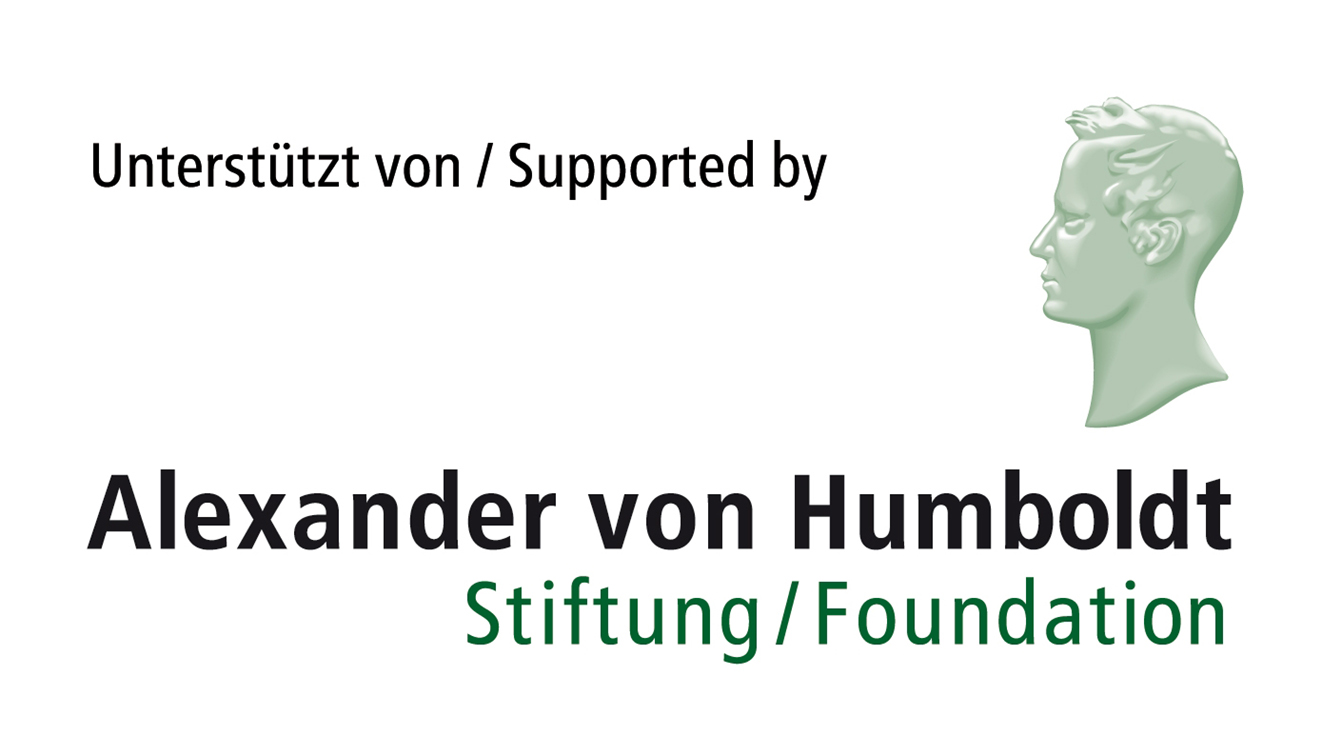Introduction
ICMI – the Research Center Intercultural Communication in Multimodal Interactions is an inter-institutional and international network of researchers who aim to analyze intercultural communication in interaction from micro-analytical and multimodal perspectives. We have started our activities in 2010.
Aim
Our research is based in fine-grained empirical analyses and integrates perspectives from multimodal conversation analysis, interactional linguistics, gesture studies, intercultural pragmatics, as well as cognitive and cultural linguistics.
ICMI Corpus
Since 2010, our methodological proceeding is multimodal and based on the videotaping and transcribing of intercultural interactions occurring in natural, elicited and institutional settings. Currently, the ICMI corpus comprises of about 2,496 minutes of videotaped interactions with a total of 56,164 segments.
Fundings
 |
![Assessoria de Relações Internacionais | [Clipping] DAAD – Research Stays for University Academics and Scientists 2021](https://ari.ufersa.edu.br/wp-content/uploads/sites/32/2019/07/logo-daad.png) |
 |



